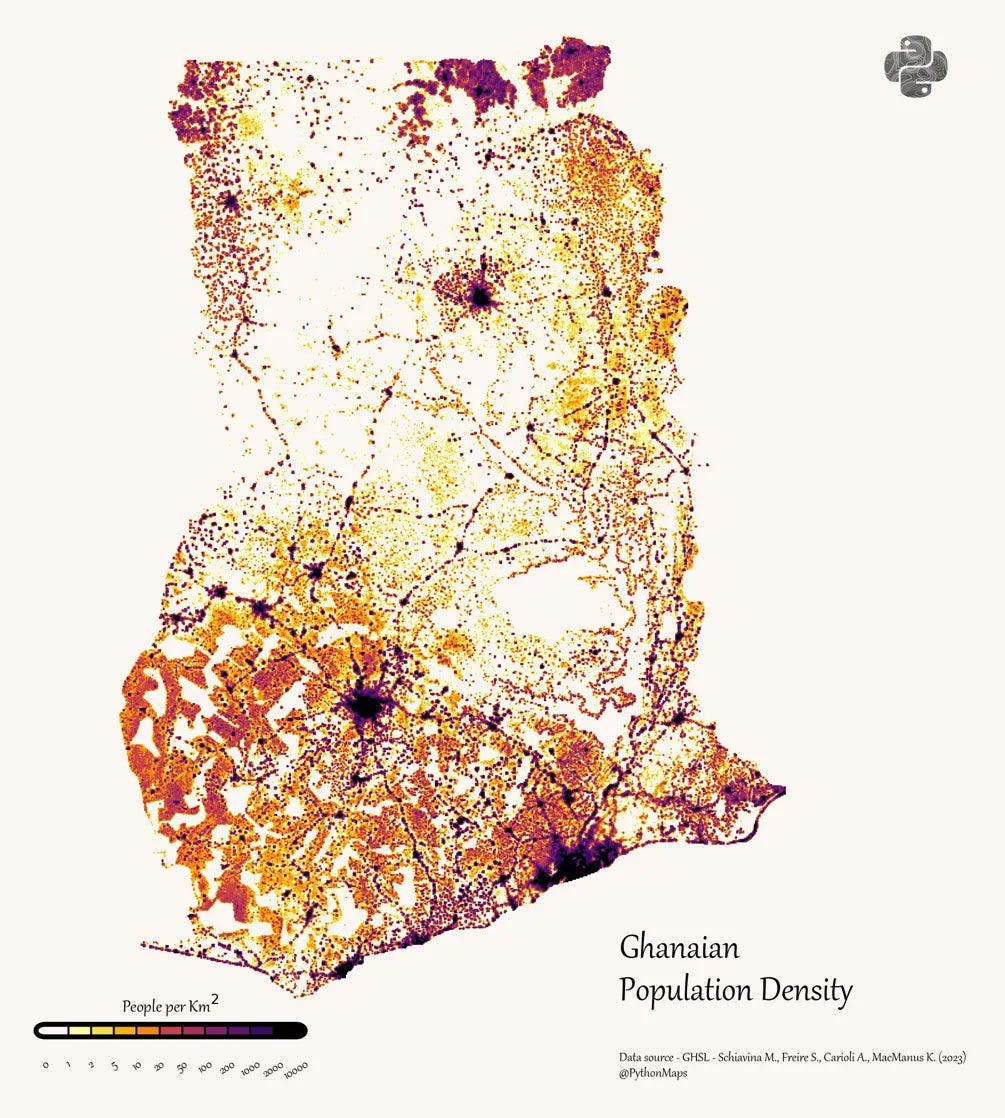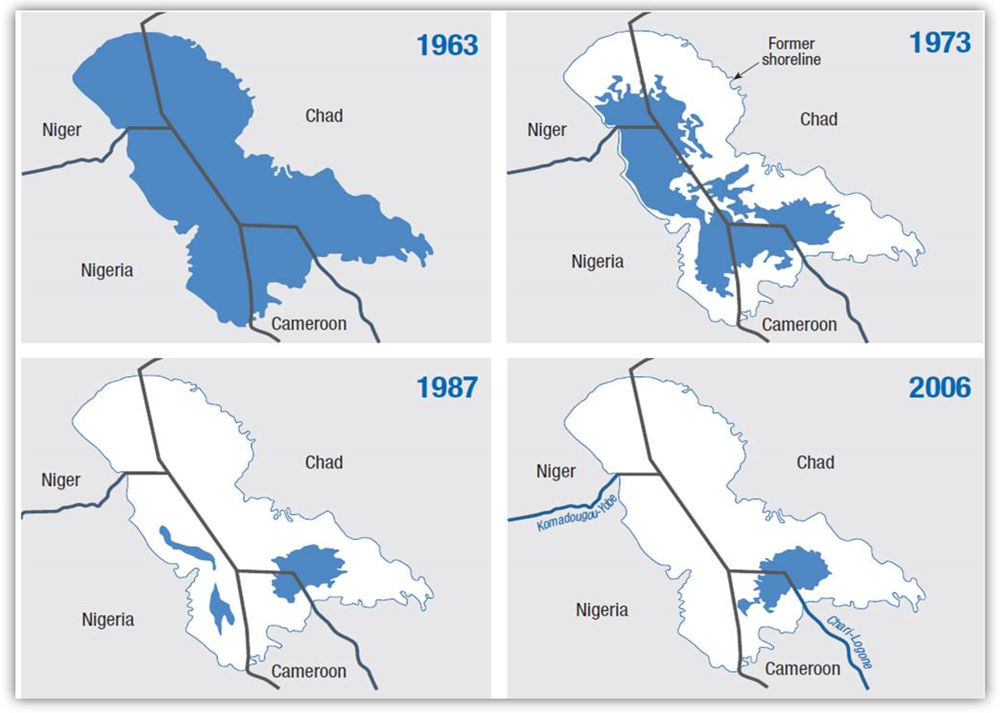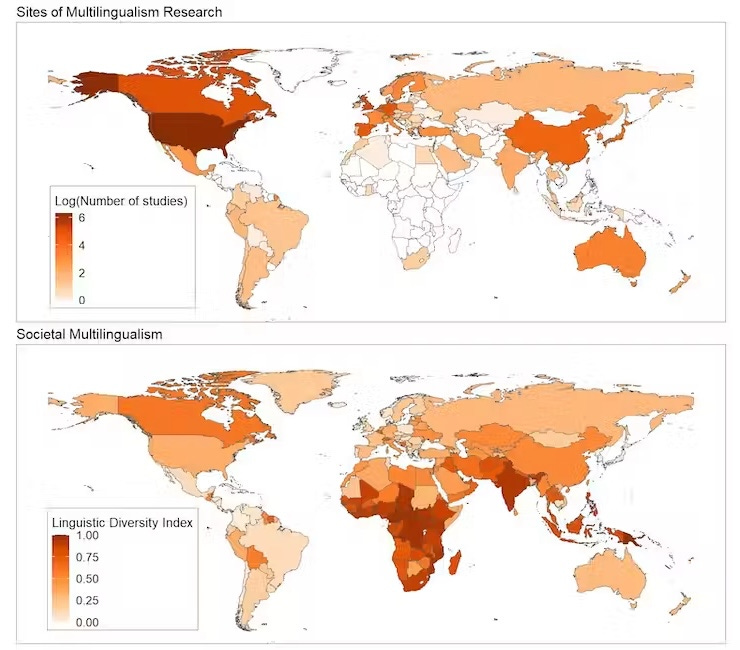Africa Update Vol. 43
Welcome to the latest edition of Africa Update! We’ve got black market petrol in Cameroon, Zimbabwe’s decision to use 20% of its land for dubious carbon credits, the world’s first malaria vaccine, excellent new music from Senegal’s Baaba Maal, and more.

West Africa: Ghana has taken its 17th IMF loan since independence, despite doubts about whether this will help the country to escape the cycle of debt. Here’s how the end of petrol subsidies in Nigeria has impacted the black market for fuel in Cameroon. If you’re emailing some sensitive US military documents, make sure you haven’t sent them to Mali by mistake!
Central Africa: Uganda has made its new national ID cards mandatory for access to public services, resulting in up to 23% of the population being denied healthcare and welfare services due to lack of ID. The DRC’s political scene is heating up ahead of the December 2023 election, with the second-place candidate from the last election boycotting the polls; a popular governor being targeted by an exclusionary law about the ethnic background of presidential contenders; and a Nobel Prize-winning doctor entering the race.

East Africa: This is a beautiful article about the experience of exploring northern Kenya by motorcycle. Here’s how Kenyan domestic workers are organizing for safer and more dignified working conditions. Facebook’s AI content moderation isn’t doing enough to catch hate speech in languages like Tigrinya in Ethiopia. Somalia is on track to receive full debt relief from the IMF and other multilateral lenders by December.
Southern Africa: Zimbabwe has signed an MOU allocating the use of 20% of its territory to a Dubai-based firm, who will use the forested land for discredited carbon offsets. Isaac Samuel’s deep dives on African history area always worth reading, including this on proto-industrialization in 19th century Madagascar. South Africa allows squatters to stay in their accommodation if the government can’t provide better housing, but doesn’t offer support to make existing informal housing any safer.

Conflict: Benin’s militarized approach to fighting Islamic extremists is just perpetuating the cycle of conflict. Six months into Sudan’s civil war, millions of people have been displaced and central Khartoum remains unliveable, while mutual aid networks are doing their best to provide support to survivors. In chilling news from Saudi Arabia, border guards have killed hundreds of Ethiopian immigrants who tried to cross into the country from Yemen.
Health: In some hugely encouraging news, the world’s first malaria vaccine will be rolled out across 12 African countries in the next two years. However, vaccines like this will probably not be manufactured in Africa, as firms like BioNTech are downscaling their pandemic-era plans to build a network of factories across the continent. The families of 20 Gambian children who died after consuming tainted cough syrup from India have taken the Gambian government to court for mishandling the drug imports.
Art + culture: If you’re in Nairobi, don’t miss the Affordable Art Show at the National Museum from October 27-29! You can also stop by the newly revitalized McMillan Memorial Library, which has been refurbished for the benefit of ordinary Nairobi residents by the team at Book Bunk. And on a more international scale, the 1-54 Art Fair in London has just ended, but you can still catch this incredible exhibit of contemporary African art in Marrakech in February 2024.
Cheers,
Rachel





